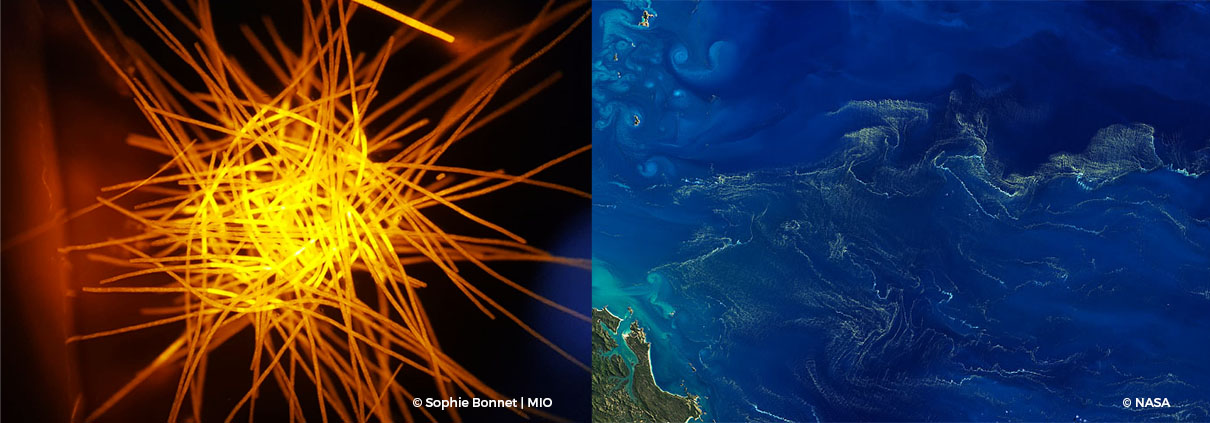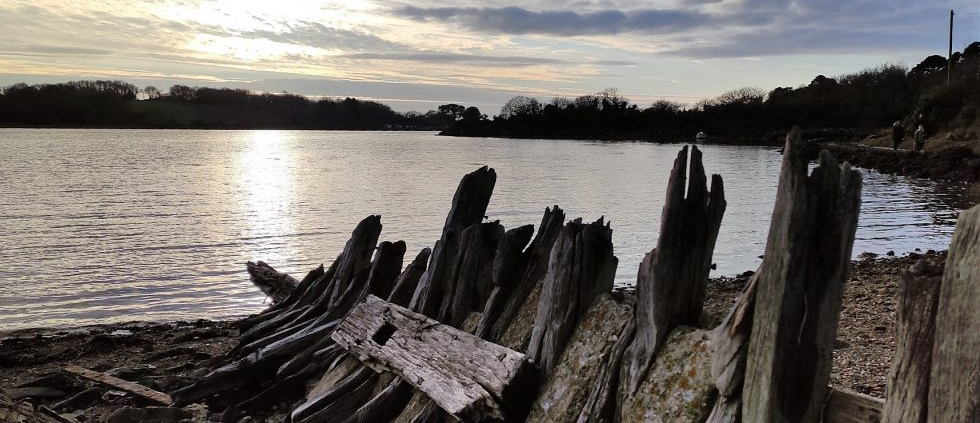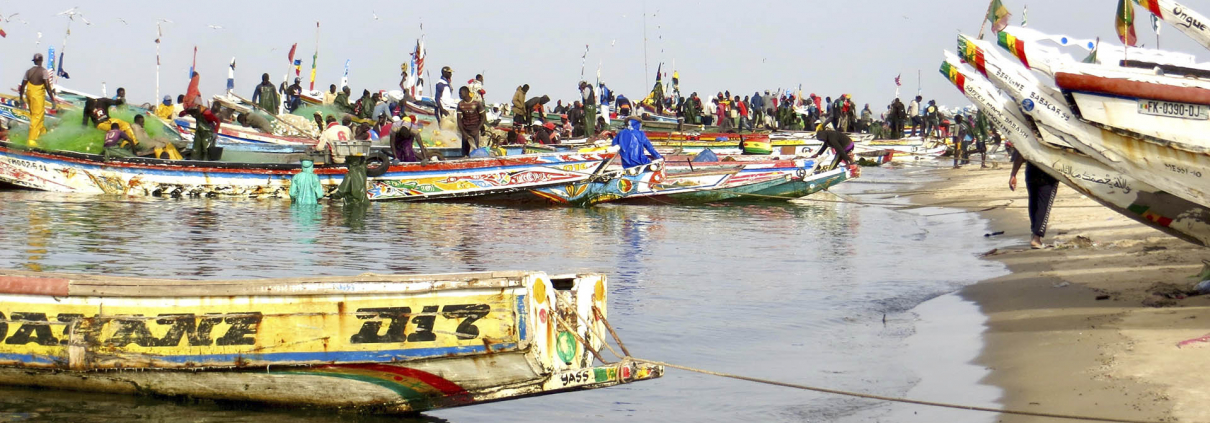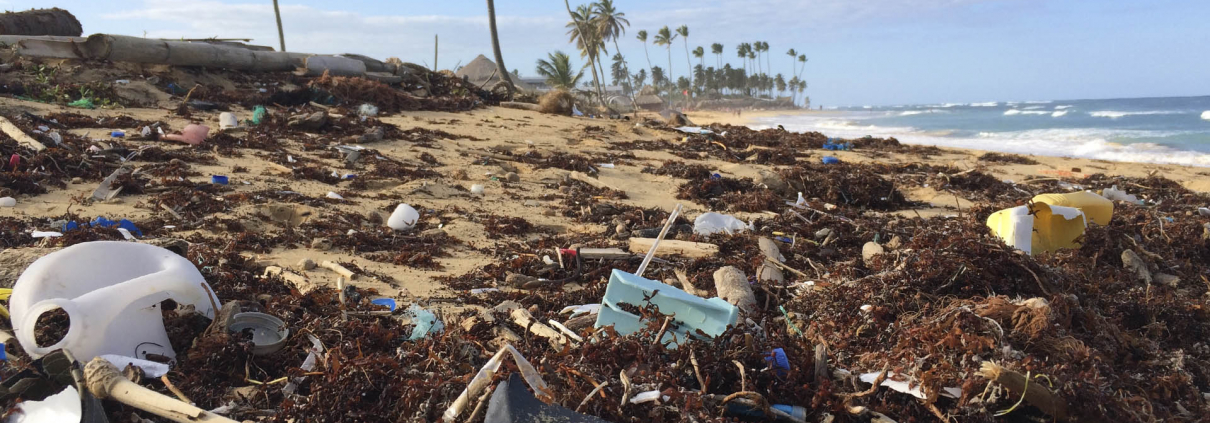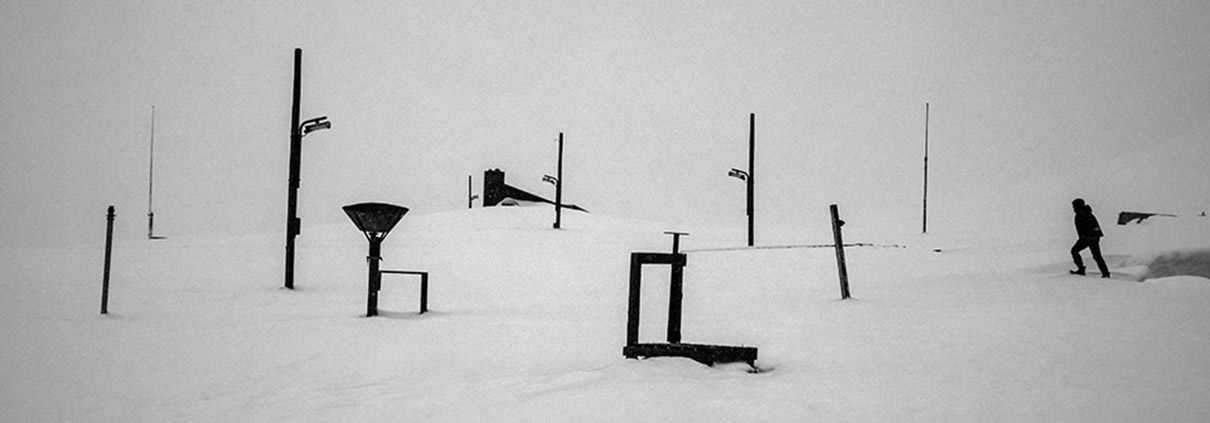A CO₂ sink in the South Pacific marine desert
Four colleagues from LEMAR (Jérémie Habasque, Frédéric Le Moigne, Anne Lebourges-Dhaussy et Géraldine Sarthou) have participated in a major international study based on the results of the TONGA cruise. This study, led by Sophie Bonnet (MIO) and Cécile Guieu (LOV) focuses on the mechanism of natural iron fertilisation in the ocean by hydrothermal springs, and has just been published in the prestigious journal Science.
Press release
A newly identified process of natural iron fertilisation in the ocean feeds regional CO₂ sinks. This is shown by a study published on 25 May in Science and co-authored by 25 researchers from the Tonga project led by two researchers from IRD and CNRS, bringing together more than 90 scientists from 14 French laboratories based in mainland France and New Caledonia, and 6 international universities. In this article, the research team studied the shallow submarine volcanoes of the Tonga volcanic arc (South Pacific), which release hydrothermal fluids rich in iron, a micronutrient essential for life. Some of the iron emitted in these fluids reaches the lighted layer of the ocean, where photosynthesis takes place, i.e. the fixation of CO₂ by the microalgae of the plankton. This strongly stimulates biological activity in this zone, particularly that of diazotrophs1, creating a vast bloom of around 400,000 km2, a veritable oasis of life in the middle of the South Pacific marine desert, and increased sequestration of CO2 towards the deep ocean.
To document the mechanistic link between the supply of iron by submarine volcanism and the response of the surface plankton community, the researchers combined acoustic, chemical, physical and biological observations acquired during the Tonga oceanographic expedition, to be carried out in 2019 on board the L’Atalante vessel of the French Oceanographic Fleet operated by Ifremer.
In this study, scientists demonstrate that the fluids emitted along Tonga’s volcanic arc have a considerable impact on iron concentrations in the illuminated layer. This enrichment stimulates biological activity, leading to the formation of a vast oasis of chlorophyll-rich life, dominated by the diazotroph Trichodesmium. Compared with adjacent waters not fertilised with iron, diazotroph activity is 2 to 8 times higher and carbon sequestration fluxes in the deep ocean 2 to 3 times. These results reveal a mechanism of natural iron fertilisation in the ocean by hydrothermal springs, which feeds regional atmospheric CO2 sinks.
Planktonic diazotrophs are microscopic organisms that are ubiquitous in the ocean. They play a crucial role, acting as natural fertilisers by providing newly available nitrogen to the surface ocean biosphere, an essential nutrient that is in short supply in most of our oceans. The western subtropical South Pacific is a hotbed of diazotroph activity, contributing an estimated 21% of the world’s nitrogen through this process.
The input of iron via atmospheric deposition is known to control the biogeography of diazotrophs on a large scale, but these aeolian inputs are extremely low in this remote region. This suggests the presence of other iron fertilisation processes, such as the one highlighted here for the first time. Identifying these processes is of the utmost importance as diazotrophs have recently been identified as key drivers of future CO2 fixation by the ocean in response to climate change.
Reference
Sophie Bonnet, Cécile Guieu, Vincent Taillandier, Cédric Boulart, Pascale Bouruet-Aubertot, Frédéric Gazeau, Carla Scalabrin, Matthieu Bressac, Angela N. Knapp, Yannis Cuypers, David González-Santana, Heather J. Forrer, Jean-Michel Grisoni, Olivier Grosso, Jérémie Habasque, Mercedes Jardin-Camps, Nathalie Leblond, Frédéric Le Moigne, Anne Lebourges-Dhaussy, Caroline Lory, Sandra Nunige, Elvira Pulido-Villena, Andrea L. Rizzo, Géraldine Sarthou, Chloé Tilliette.
Institut méditerranéen d’océanologie (CNRS/Aix-Marseille Université/IRD/Université de Toulon), Laboratoire d’océanographie de Villefranche (CNRS/Sorbonne Université), Laboratoire Adaptation et diversité en milieu marin (CNRS/SU), Laboratoire d’océanographie et du climat : expérimentations et approches numériques (CNRS/IRD/MNHN/SU), Laboratoire Geo-ocean (CNRS/Ifremer/UBO), Laboratoire des sciences de l’environnement marin (CNRS/IRD/Ifremer/UBO), Institut de la Mer de Villefranche (CNRS/SU).
Natural iron fertilization by shallow hydrothermal sources fuels diazotroph blooms in the Ocean, Science, 25 mai 2023. DOI: 10.1126/science.abq4654.

